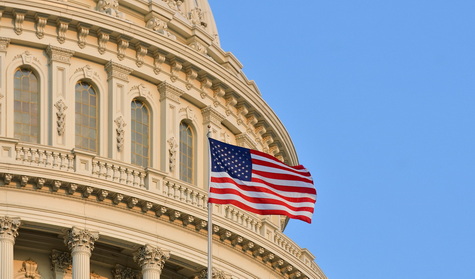
President Joe Biden yesterday signed a $480 billion increase in the federal government’s debt limit to $28.9 trillion, narrowly avoiding an Oct. 18 national default deadline. The debt increase – passed by the Senate last week and the House on Tuesday – sets the stage for another fiscal cliff negotiation in less than two months, when both the debt limit and funding for the government run out on Dec. 3. (Associated Press, Oct. 14 and Reuters, Oct. 13)
Infrastructure Funding
Cuts and Scale
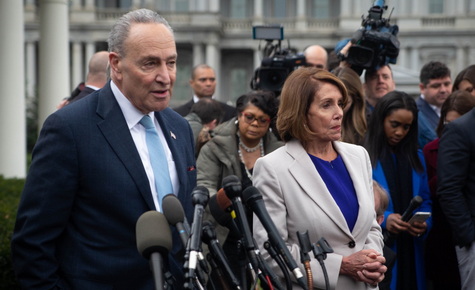
Roundtable Concerns
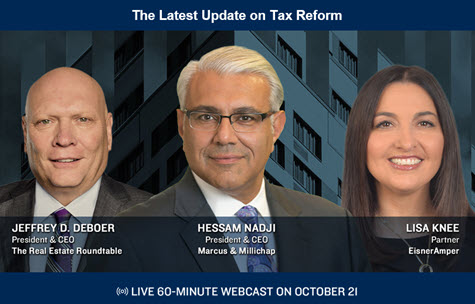
Additional tax issues affecting CRE are summarized in The Roundtable’s summary on Real Estate Tax Issues and Budget Reconciliation Legislation.
# # #
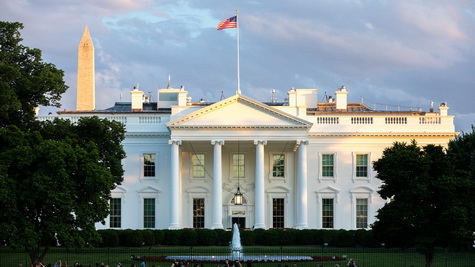
The Biden administration today announced that fully vaccinated travelers from Mexico and Canada will be allowed to enter the United States starting Nov. 8 for “non-essential purposes, including to visit friends and family or for tourism.” The easing of travel restrictions provides a renewed opportunity for international travel to boost domestic economic growth. Additionally, next month will see the end of a pandemic-driven, 18-month ban on travel from 33 countries, including members of the European Union. (Reuters, Oct. 15 and New York Times, Oct. 12 | Oct. 8)
lead to an increase in foreign investment in U.S. real estate.
Bipartisan Senate Efforts
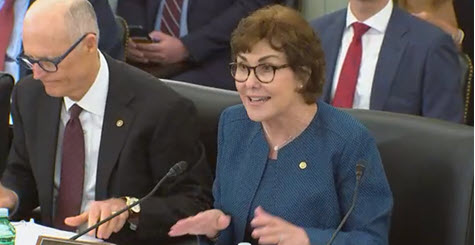
Full committee ranking member Roger Wicker (R-MS) added his support for the emerging bill, saying that the nation’s travel and tourism challenges are a “bipartisan issue.”
# # #